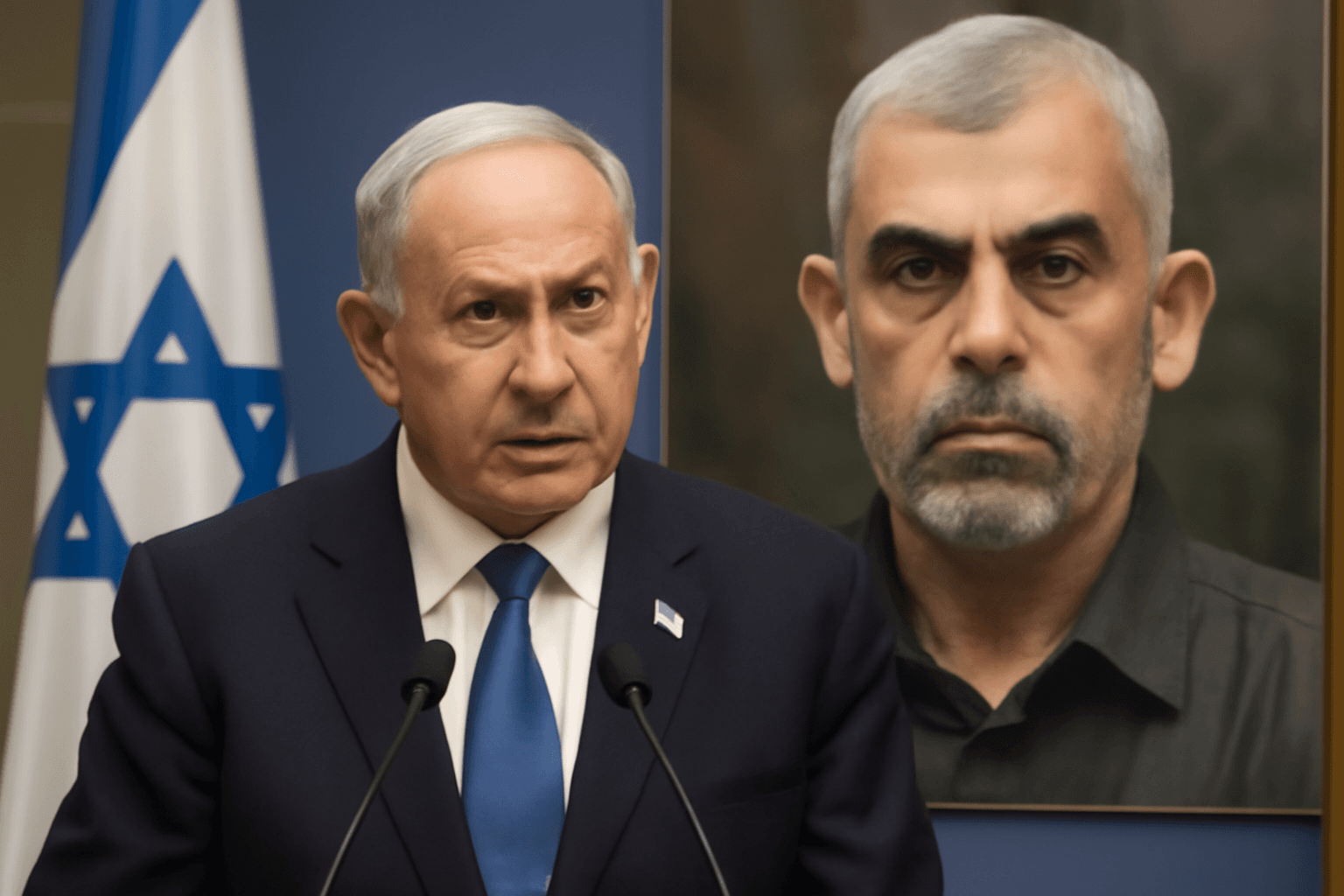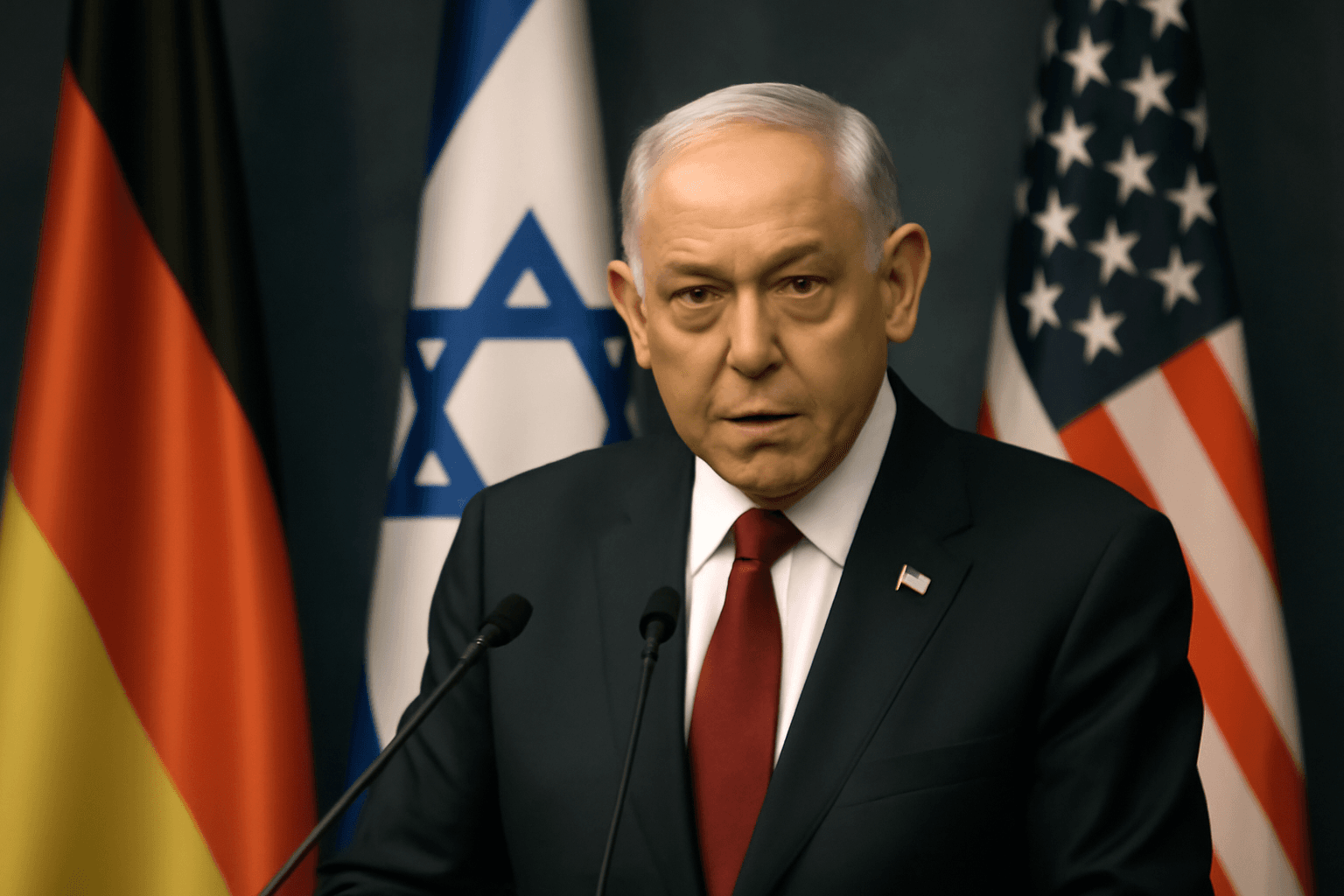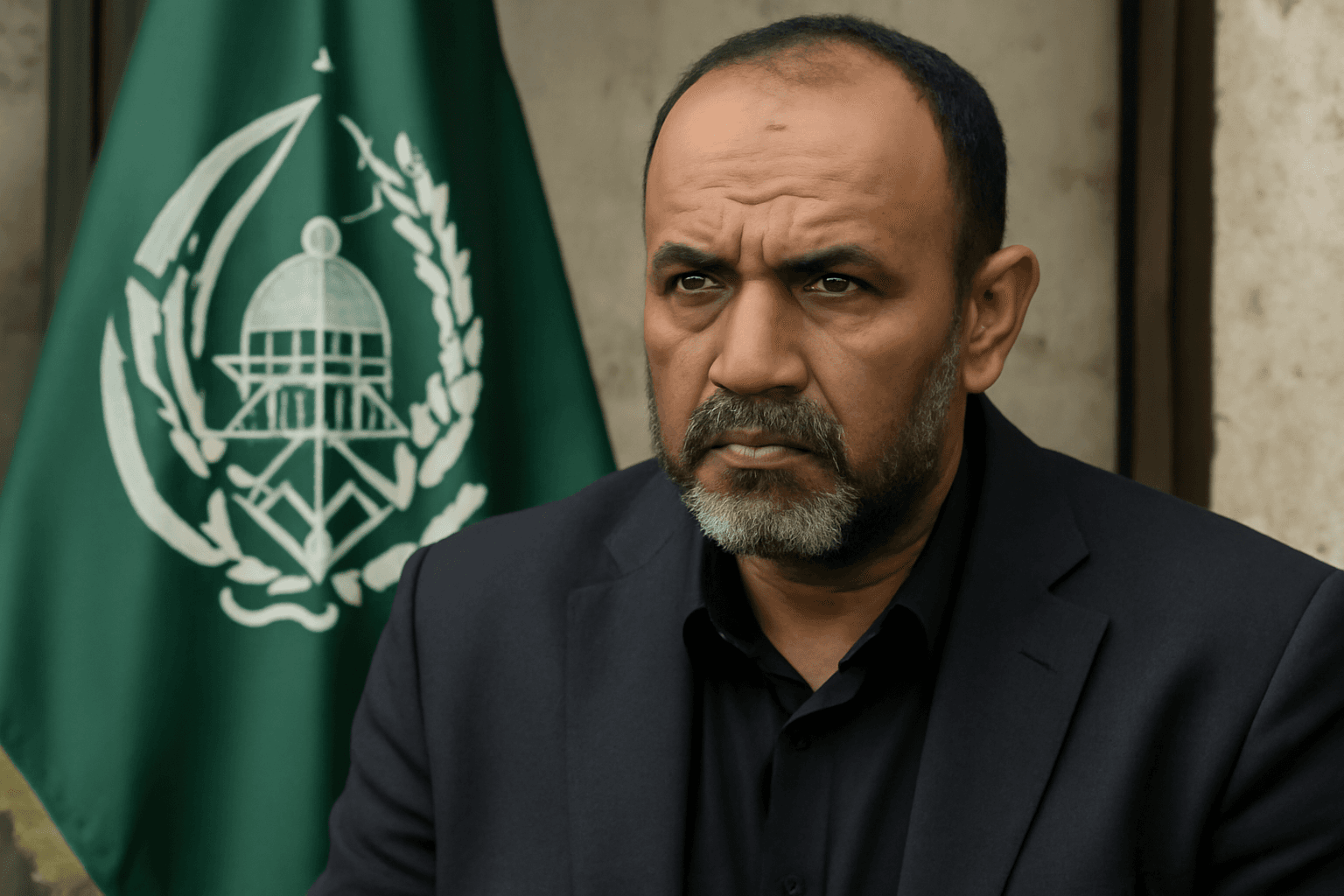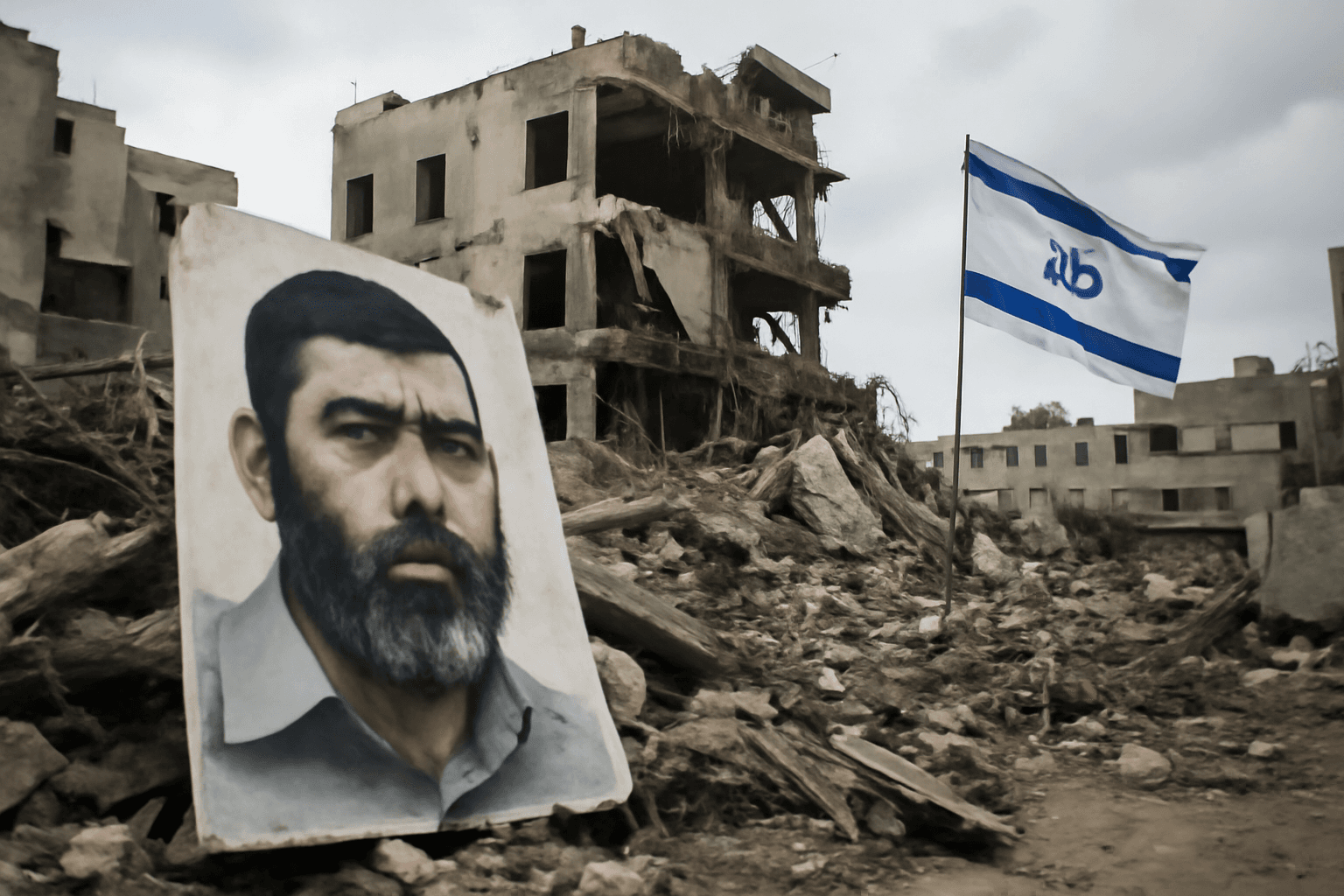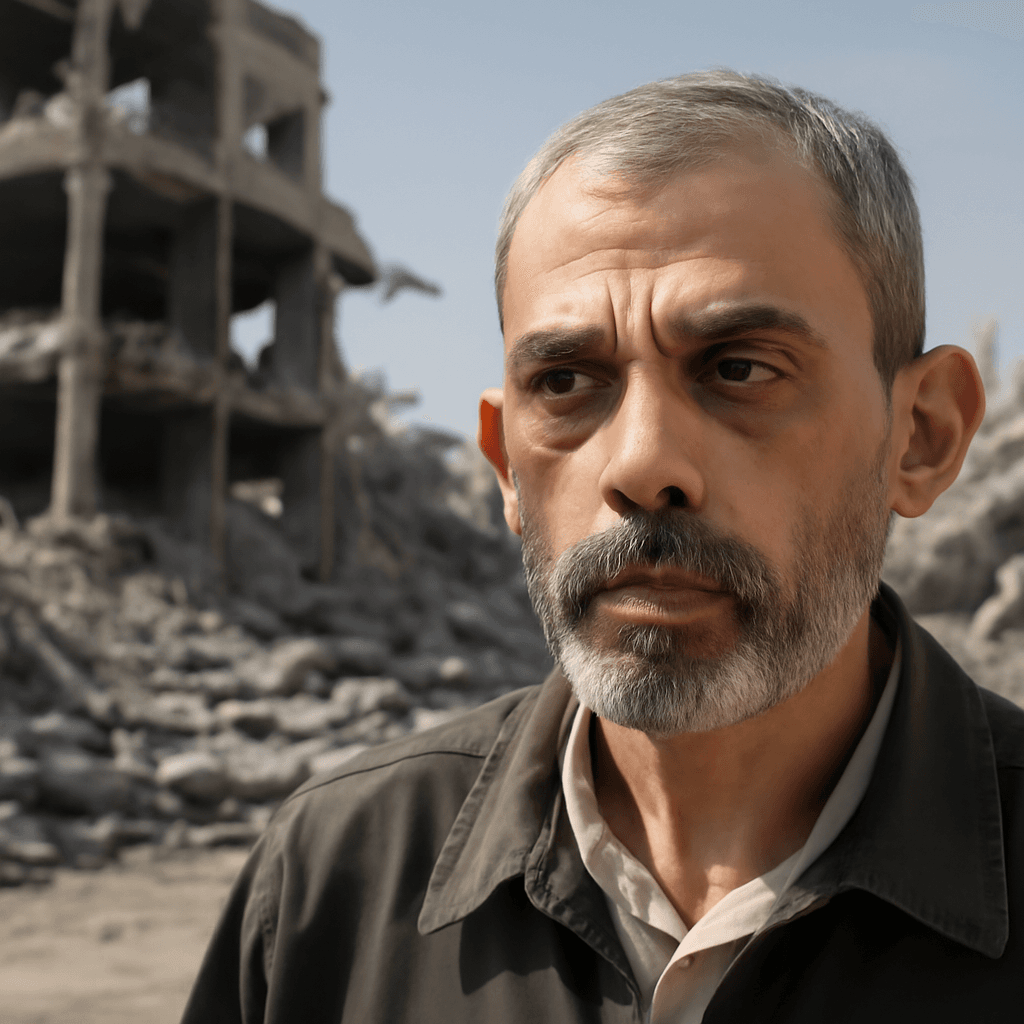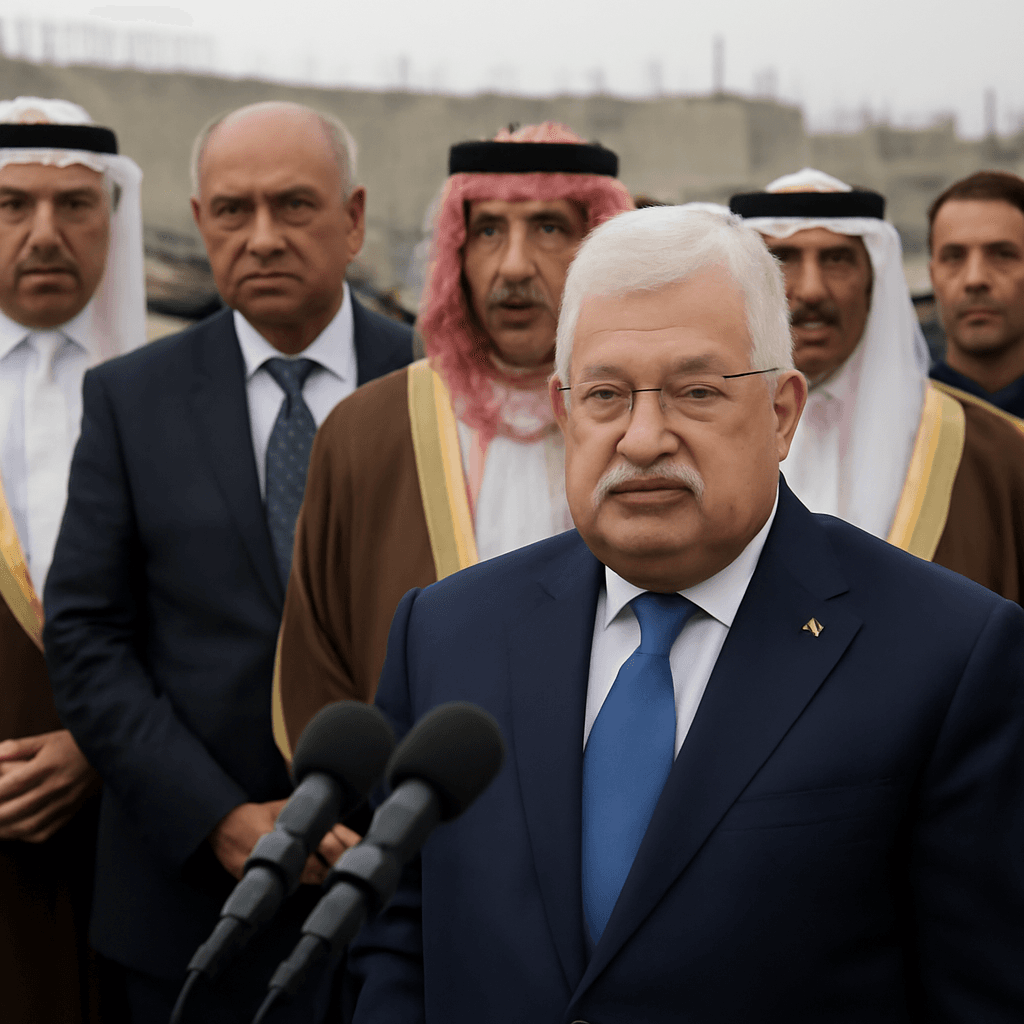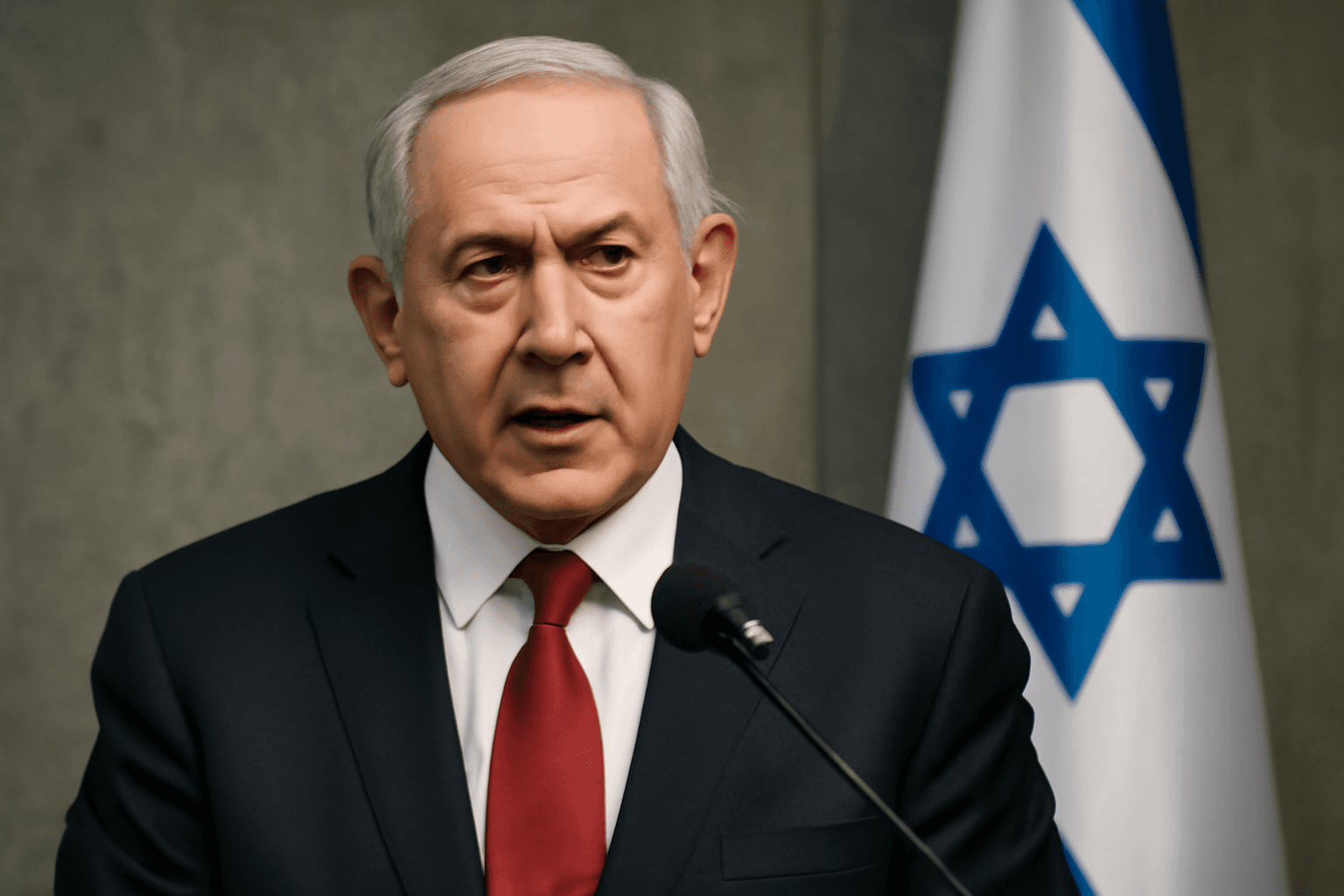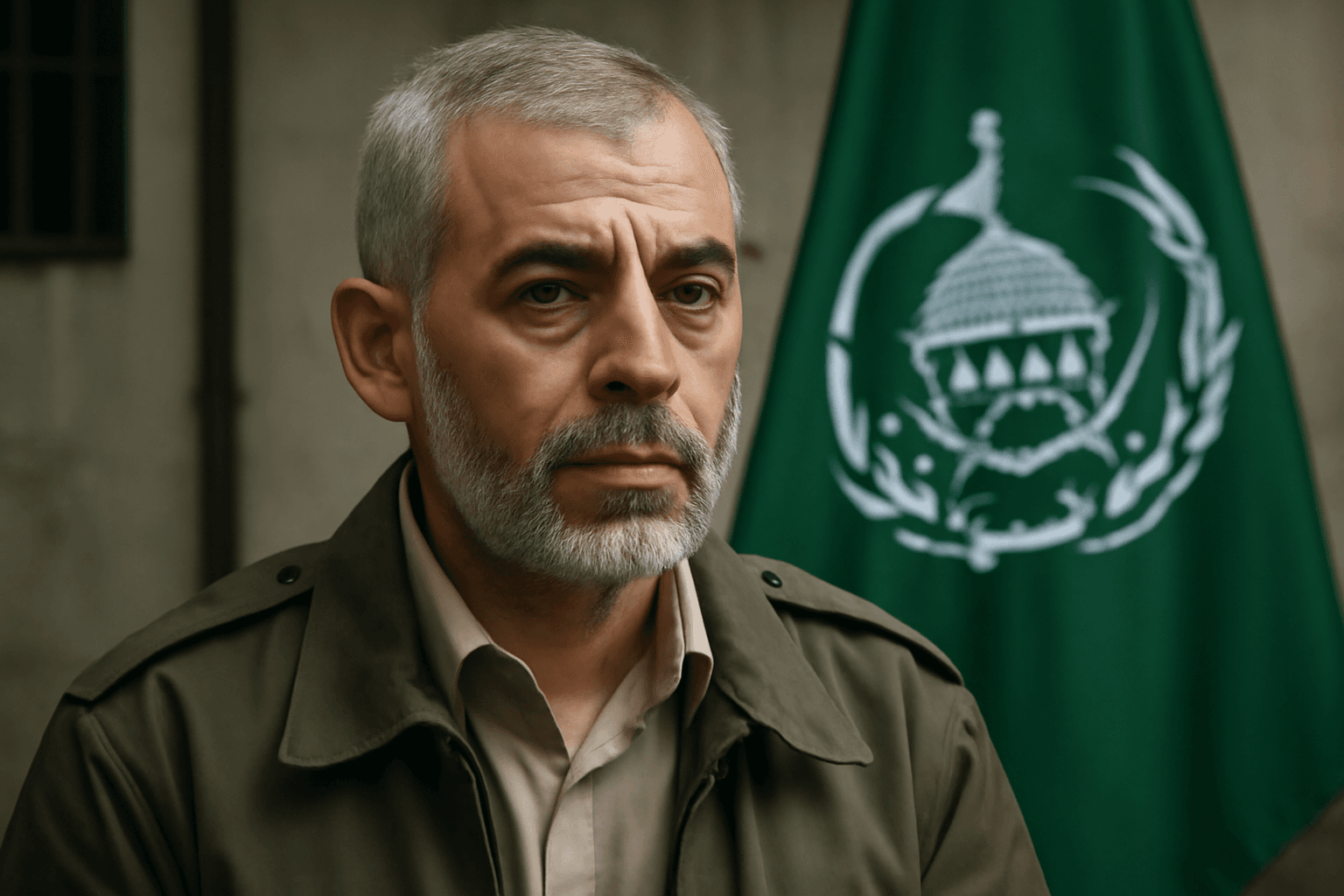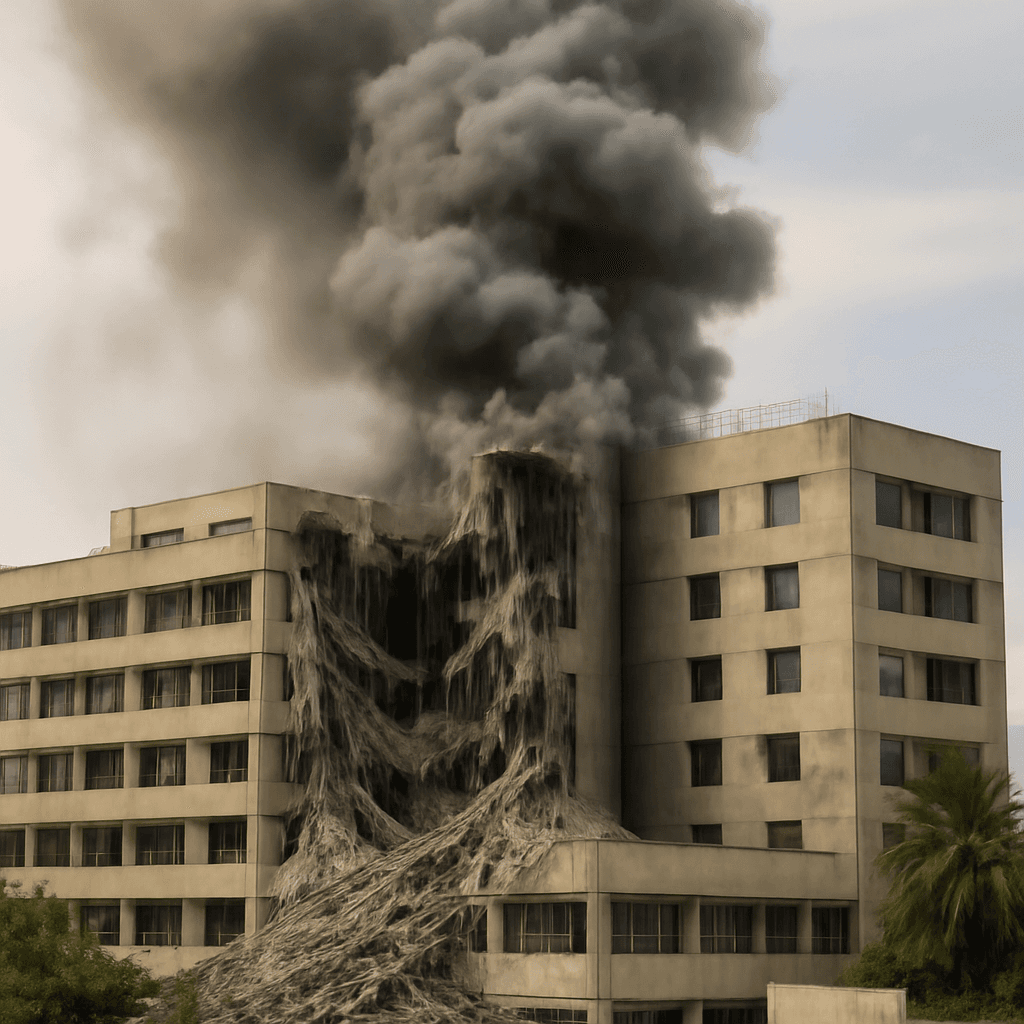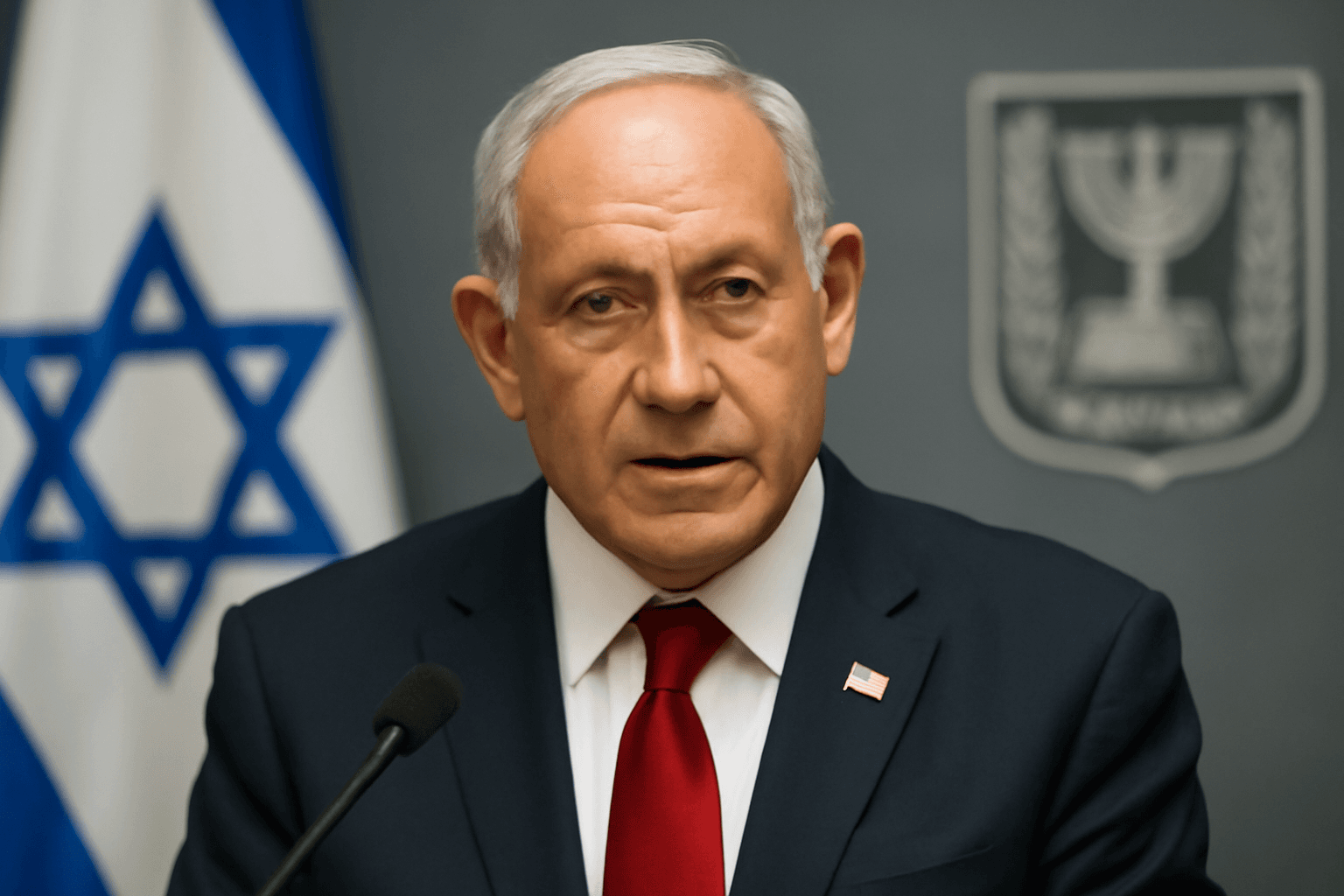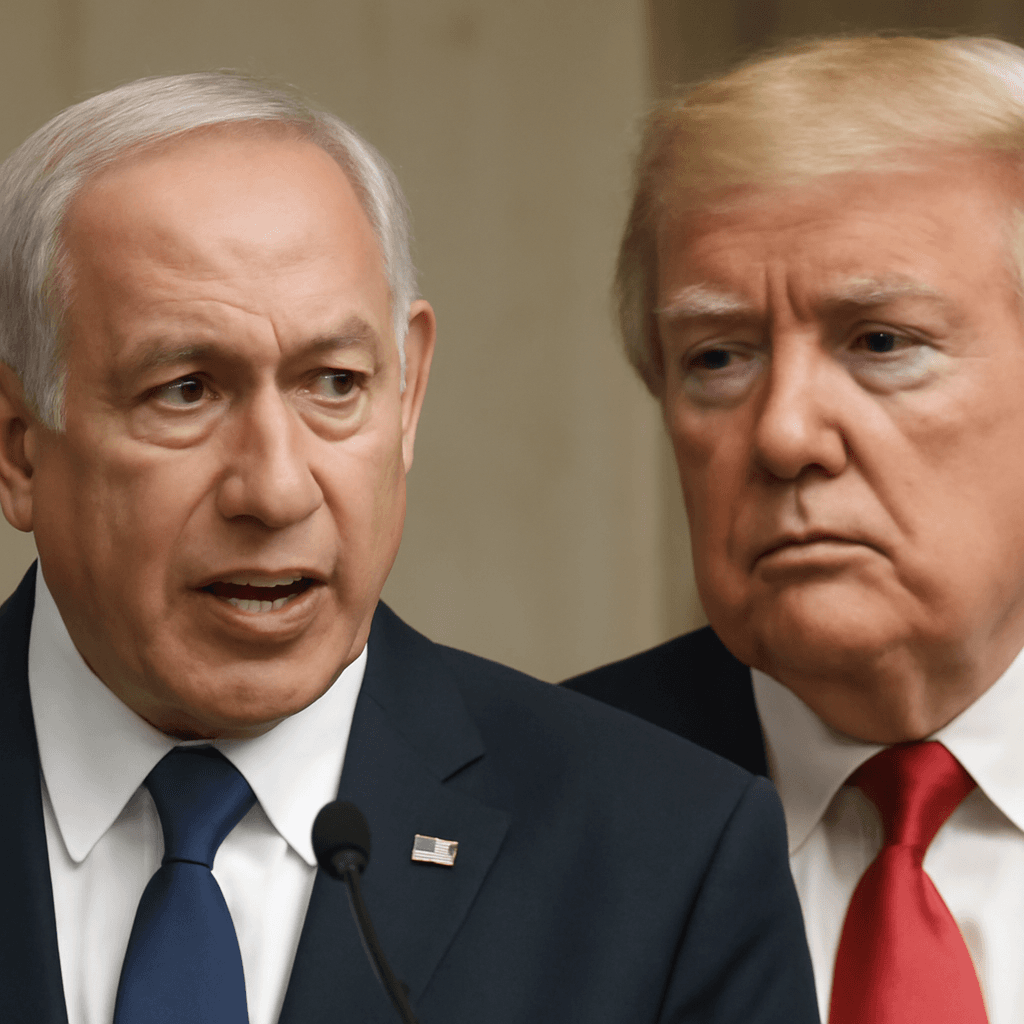Muhammad Sinwar, the shadowy military chief of Hamas in Gaza, was declared eliminated by Israeli Prime Minister Benjamin Netanyahu on May 28, 2025. Sinwar had long been a central figure in the Hamas leadership and a top target for Israeli security forces.
Promoted to Hamas's senior ranks in 2024 following the death of his brother, Yahya Sinwar, Muhammad played a pivotal role in orchestrating key operations, including the October 7, 2023 attack on Israel that triggered the latest Gaza conflict. Yahya Sinwar, who masterminded the 2023 assault and subsequently became the overall Hamas leader, was killed during combat in 2024.
Though Hamas has yet to officially confirm Muhammad Sinwar’s demise, his reported elimination raises questions about the future leadership of Hamas’s armed wing. Izz al-Din Haddad, currently responsible for northern Gaza operations, is expected to assume overall command of the military faction within the territory.
Sinwar’s death could also influence Hamas’s broader strategic decisions, including ceasefire negotiations. The balance of power between Gaza-based commanders and the exiled political leadership may shift, affecting the group’s policy direction.
Known for his elusive nature, Sinwar earned a reputation as a "ghost" among Israeli intelligence agencies. Over the years, he survived multiple assassination attempts, including airstrikes and explosive devices covertly planted along his routes and within his residence.
His operational expertise was evident during the October 2023 attack. Hamas sources also credit Sinwar as a key figure in the 2006 cross-border operation that resulted in the abduction of Israeli soldier Gilad Shalit. This abduction led to a lengthy and high-profile prisoner exchange in which Sinwar’s brother Yahya was released.
Born on September 16, 1975, Muhammad Sinwar hailed from a Palestinian refugee family originating in Asqalan (modern-day Ashkelon, Israel). They settled in Khan Younis, Gaza, an area that has suffered extensive destruction during recent hostilities. Educated in UNRWA schools, Sinwar joined Hamas shortly after its inception. His firm hardline stance expedited his rise through the ranks, eventually commanding the influential Khan Younis Brigade.
Working closely with other senior military leaders such as Marwan Issa and the late Mohammed Deif, Sinwar was integral to Hamas’s decades-long armed resistance against Israel. Despite Israel’s determined military campaigns, Hamas remains operational within Gaza.
Netanyahu has vowed to dismantle Hamas entirely, yet the organization continues to maintain its presence and influence despite significant losses.
As the situation develops, the implications of Sinwar’s elimination will be closely observed by regional actors and international stakeholders monitoring the Israel-Gaza conflict.

